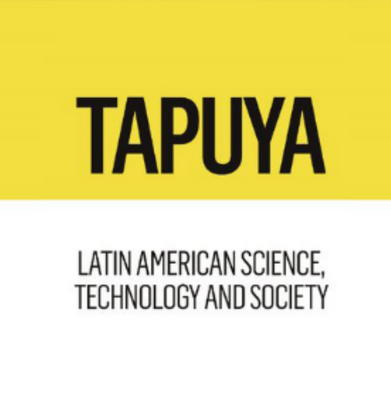This section is updated every two weeks
Immerse yourself in insightful stories with Distillations, a podcast by the Science History Institute. Find out more about science-related history mysteries, from Alzheimer’s research to 19th-century vampire panic.
And don’t miss the new season “Innate: How Science Invented the Myth of Race,” exploring the origins and legacies of racism in American science and medicine.
Avaliable on Apple Podcasts or at their Website.


For this week, our editors have recommended “”Blood in the Machine””, a BBC podcast by Brian Merchant that explores the Luddite rebellion in 1811, and devles into how the rise of the machine threatens the livelihoods of traditional cloth workers.
Hear it at https://www.bbc.co.uk/programmes/m001x4kg
Explore “”The Good Robot”” podcast and book edited by Kerry McInerney and Eleanor Drage. This podcast invites experts to tackle questions about good technology and feminism’s role. The accompanying book showcases diverse feminist perspectives on reshaping technology. Join the conversation on building a better technological future!
Read and listen to them at: https://www.thegoodrobot.co.uk/


Last February, Lee Vinsel kicked off Peoples & Things, a newsletter about humanistic and social scientific studies of human life with technology. We also recommend the Peoples & Things podcast (which started as an intro class to technology studies).
Read more about this amazing project at: peoples-things.ghost.io/introducing-the-peoples-things-newsletter/
This week’s selection is Dr. Lily Balloffet’s (University of California Santa Cruz) project on Instagram. The project delves into the transnational dynamics of snake venom and antidote circulation across the continent, particularly between the US and Central America.
Follow her at www.instagram.com/doctora_lil?igsh=d3UwN3A1d2t0Znhx


DICTA, Fundación para el Desarrollo Interdisciplinario de la Ciencia, la Tecnología y las Artes is a hub for interdisciplinary collaboration in science, technology, and the arts. By facilitating connections among individuals and institutions based on shared social values, DICTA cultivates an environment where specific projects aimed at enriching lives through interdisciplinary initiatives are developed.
Explore further and listen to their podcast at their website: https://www.dicta.cl/

This week our Editor’s recommendation is the podcast “New Books in Systems & Cybernetics”, in which Marshall Poe leads enlightening author-interview talks with scholarly authors and their new books.
Explore on Apple Podcasts: https://podcasts.apple.com/au/podcast/new-books-in-systems-and-cybernetics/id1329214995

Our featured content this week is an insightful book talk! Rafael Grohmann (DigiLabour) chats with Ignacio Siles about his latest work, “”Living with Algorithms. The book discusses user dynamics in the global south through Netflix, Spotify, and TikTok, and dive into the user’s agency in shaping the algorithmic landscape.
Find the book at: https://mitpress.mit.edu/9780262545426/living-with-algorithms/
Welcome to Platypus, the hub of CASTAC’s exploration into Anthropology, Science, Technology, and Computing. Here you can find blog entries featuring reviews, opinions, and diverse contributions. Also, tune in to the Platypod podcast for more.
Platypus aim is to promote dialogue on theories, tools, and social interactions that explore questions at the intersection of anthropology and science and technology studies.
Visit them at: https://blog.castac.org/
Also, follow them on X (@CASTAC_AAA) for updates.


Social Studies of Sciences holds two very interesting episodes in it’s podcast series with the same name. One follows a conversation between John Tresch and Bruno Latour on the later’s project on ‘modes of existence’. The other one focuses on the sonifacation of scientific data an its popularization in recent years.
Listen to the Social Studies of Science podcast here.
